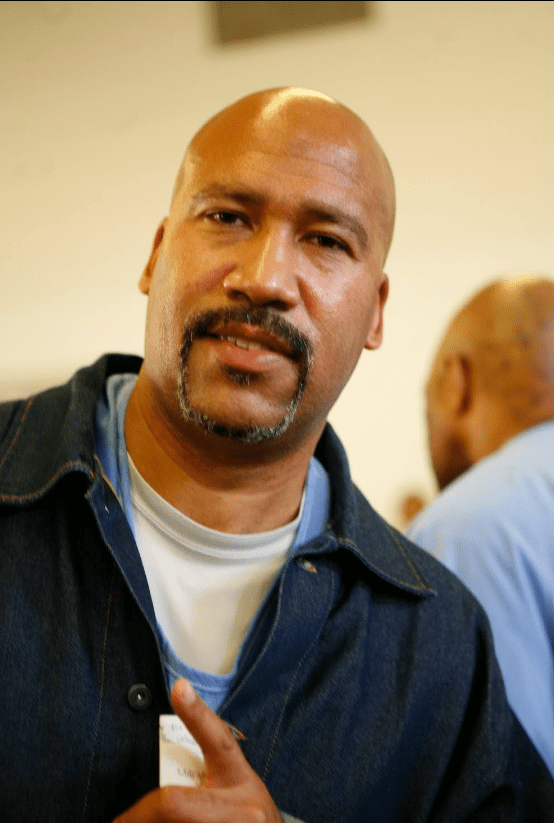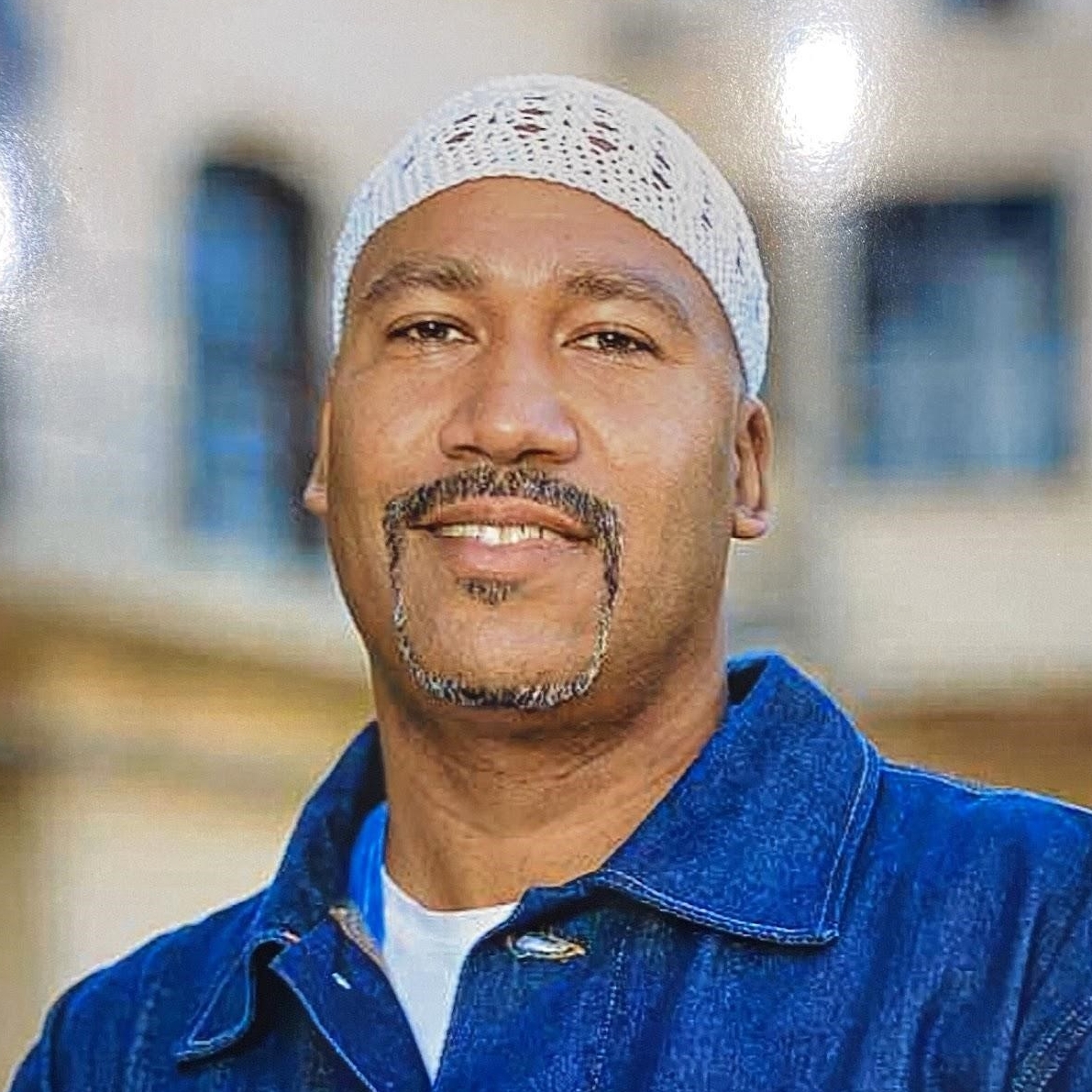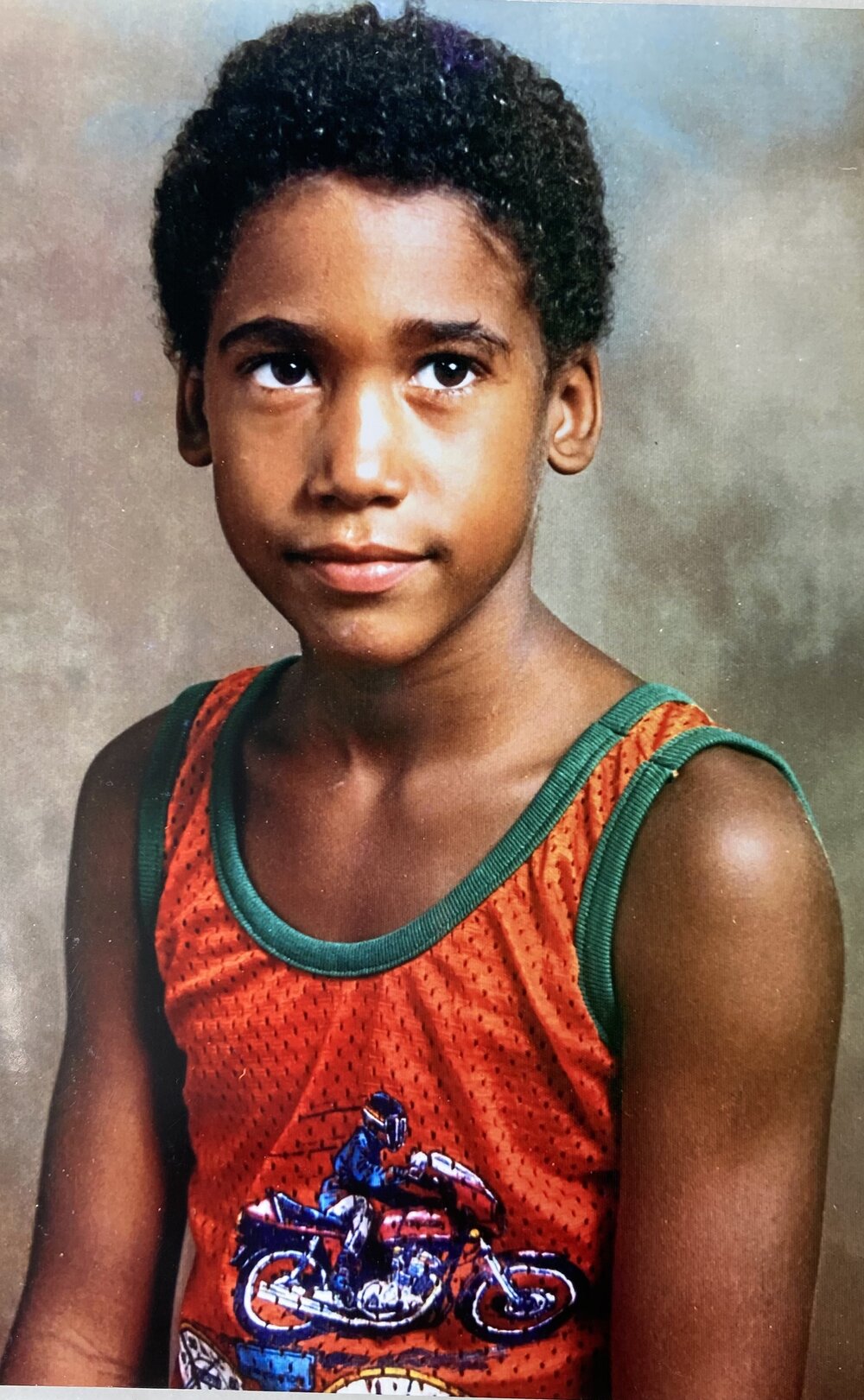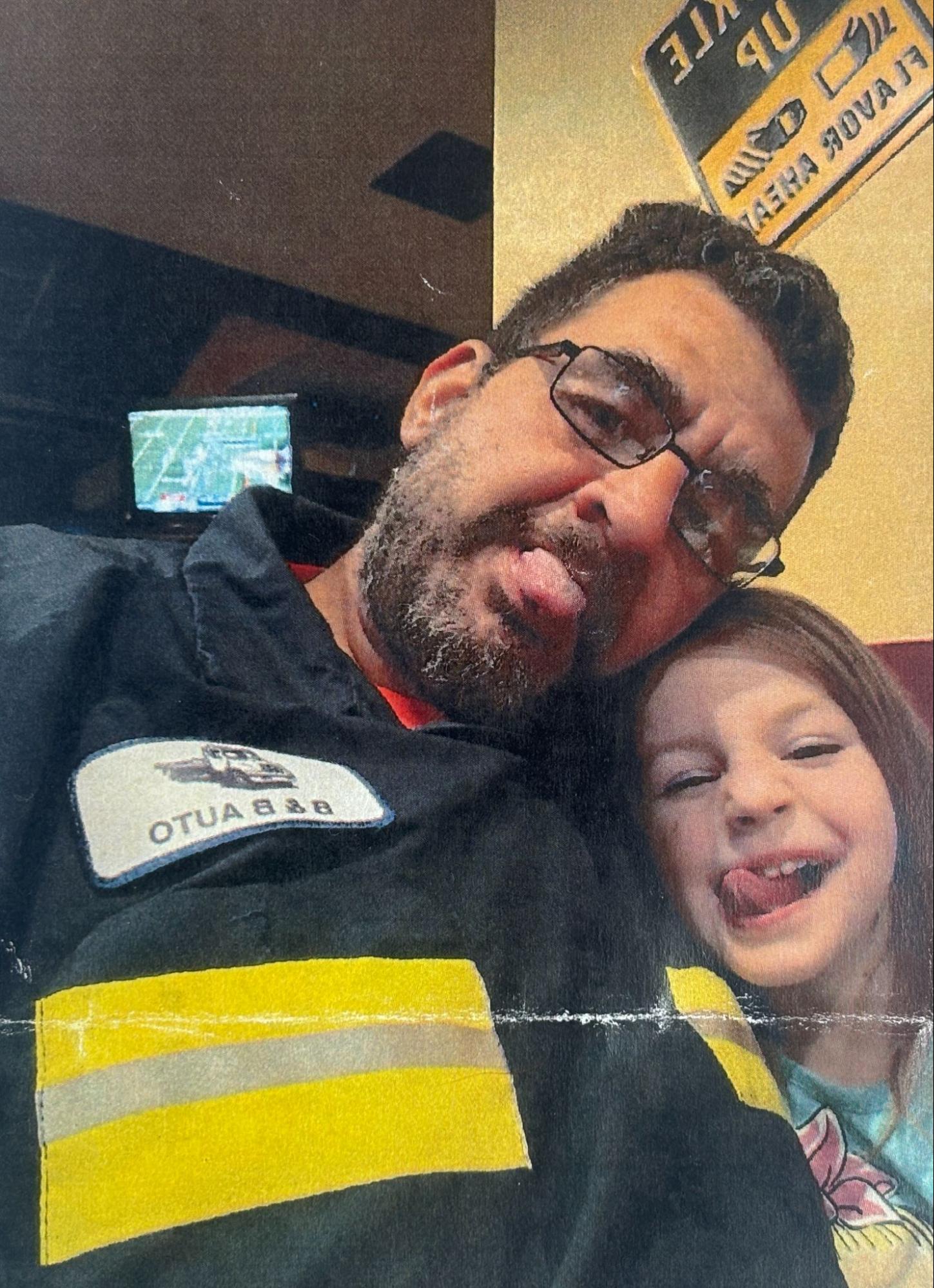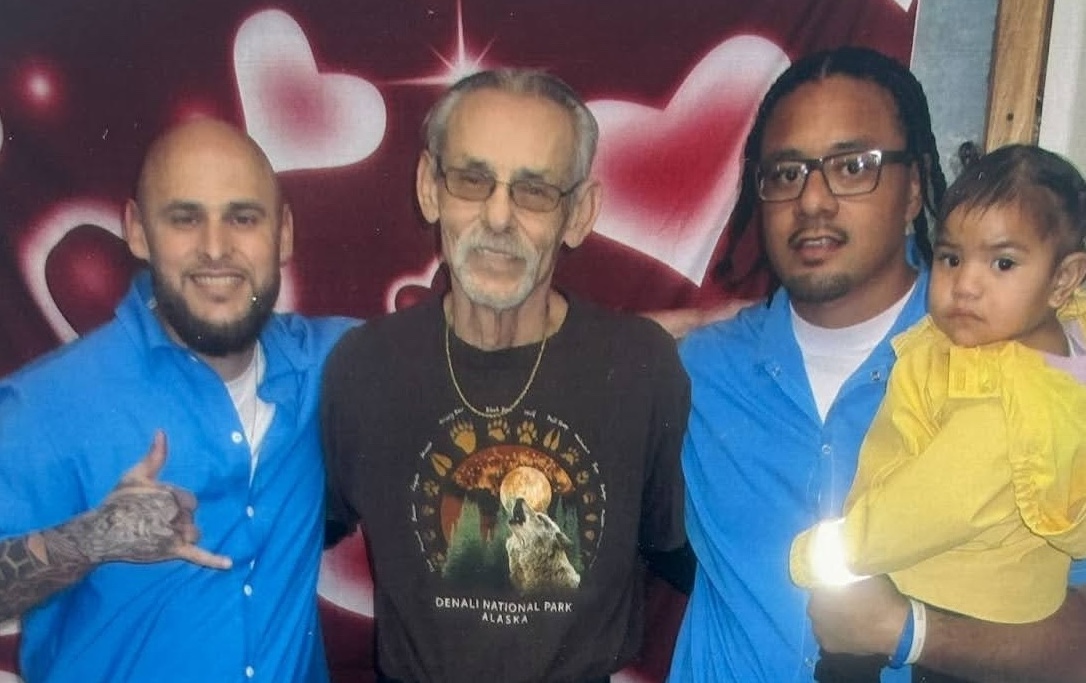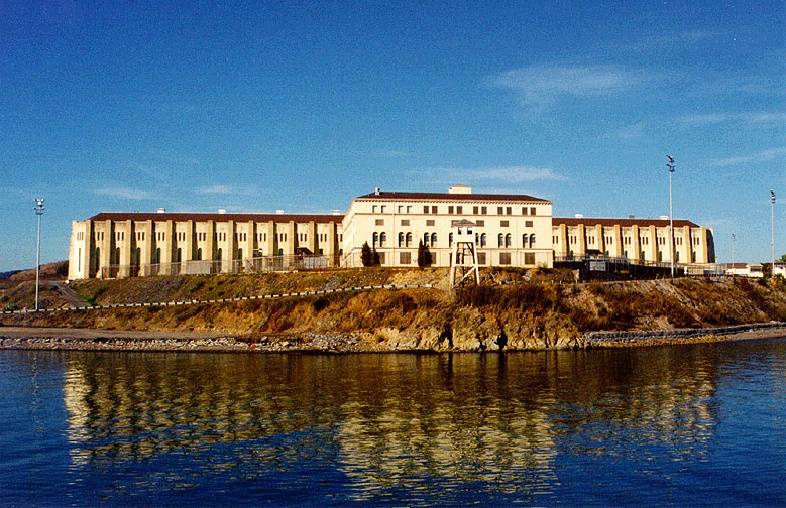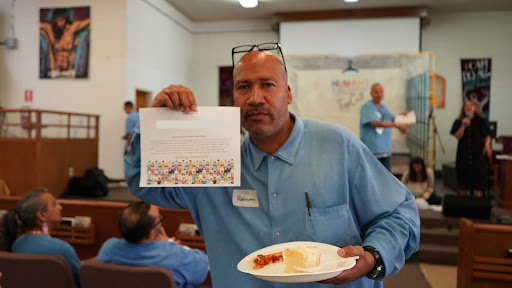
“As each bird flew off with a piece of bread, I would get the feeling that I was doing my part, that I was playing a small role in a much larger picture. In the process, I couldn’t help but think that they were flying off with a piece of me too.”
WHEN FEEDING THE BIRDS IS A CRIME
One of the deepest regrets I have as a prisoner is that, when I was free, I spent most of my adult life detached from the beauty of the natural world. I was born in Buffalo, home to some of the harshest winters, a place that still reflects the era of steel mills and abandoned manufacturing plants. My early memories of engaging with nature involve encounters with law enforcement. In Coconut Grove, the area of Miami where I lived, playing on the Atlantic coastline often meant being picked up by police. The beach areas were marked “PRIVATE PROPERTY.” I learned that nature was private and exclusive, that it belonged to those with wealth. I moved again, to San José in the mid-80s, where the same dynamic played out.
Being raised on the West Coast certainly provided me with many opportunities to explore nature. However, I wasn’t always enthused by or able to take advantage of them. Aside from occasional camping and fishing trips with my father, my contact with nature was sporadic at best, a lot of this had to do with how crowded and congested San José was. With the emergence of the tech industry in Silicon Valley, there was always a need to take up more space-all to speed up economic growth. Visiting the few areas that did exist for outdoor exploration, like creeks and mountain regions, usually came at a cost. I can still remember being shot at with salt pellets by park rangers for strolling through a wooded area near my house; it was a shortcut and safe haven for kids who cut school. According to city officials, this area was private property. Looking back, it was a biological Eden, teeming with different life forms; there were gophers, salamanders, frogs, and creepy spiders that descended inconspicuously from strange trees. Unfortunately, previous experiences on private land helped to deter me from fully connecting with uninhabited spaces-thus creating a mental fence which equated nature with confrontation.
While in high school, most of my time was spent playing sports. If I wasn’t doing that, I was chasing the girls in my neighborhood. At the same time, I was slowly moving towards a destructive street culture, one that normalized crime, violence, and drugs. It was this antisocial behavior that contributed to my self-centered ideas. Everything was about my emerging ego, which excluded everyone else (including nature). Eventually, my actions, in conjunction with a flawed belief system, led me to prison.
This was a tipping point: either I could plummet further into a world that justified harming others, or I could let go of the pride and selfishness I’d held onto for years.
When I arrived at Pelican Bay Prison in 2005, I didn’t receive a warm welcome. There is a reason for that: it’s one of California’s most violent prisons. After months of solitary confinement, I was finally able to reckon with the fact that I had deprived my victim’s family of peace, along with my own family and community, and ultimately, myself. In part, it was due to a raging war inside of me, one based on years of guilt, pain, and insecurities.
In the process of putting the pieces of my life back together, I started studying the religion of Islam, which comes from the word, “Silm,” meaning “Peace.” One of the first things that resonated with me about this faith was its obligation to give charity-giving unconditionally to those who are less fortunate. I would later learn that this aspect of charity wasn’t just confined to human beings; but to everything in creation.
The more I internalized this concept, the more I began to realize that my detachment and self-interest was only serving as a barrier to the greater external world that I am a part of. I was starting to examine my humanity through a different lens-a unifying factor that connected me to everything living.
Some years later, when I was transferred to another prison, I noticed that there were some small birds flying around in the building. The fact that they couldn’t get out of a single door that only opened a few times a day made them prisoners just like me. I tried to imagine their hunger, thirst, and frustration with seeing freedom through windows, but not being able to obtain it. I whistled through a small crack in my door, hoping to somehow get their attention. “Man, them damn birds ain’t gonna fly over here to you,” my cellmate said while lying on the top bunk. He laughed for a few seconds, with an annoying smirk; he couldn’t wait to prove me wrong. But just then, a few of them responded with curious chirps of their own as they flew several feet from my door. Shocked, I quickly reached for a pack of bread on my locker; I crumbled up a slice and threw it under my door. Each bird took a piece in a hurry, chirping once again as they took flight. “I’ll be damned!” my cellmate replied. I smiled, as a warmth moved through my body.
Over the years, I continued this habit of feeding the birds at other prisons_not the seagulls that crap on you when you least expect it, or the pigeons that feast in a flock, but the finches and tiny song birds. They nest outside in nearby trees, or high up in mud pebble shelters attached close to the roof of my building. Eventually, this small gesture allowed me to reconnect with my inner nature, although confined to a limited world. This reconnection became spiritual, even compassionate. As each bird flew off with a piece of bread, I would get the feeling that I was doing my part, that I was playing a small role in a much larger picture. In the process, I couldn’t help but think that they were flying off with a piece of me too.
Despite my efforts to help sustain life and reconnect with the natural world, there is one little thing I left out. Feeding the birds, geese, pigeons, or any other type of animal in prison is against the rules. It can be deemed a disciplinary infraction and result in a “write-up.” Sadly, while performing my janitorial duties the other day, I was caught breaking this rule by my boss, a high ranking officer in corrections. “Now why would you want to go and get yourself a write-up for that?” There was a slight sense of humor in his tone, which made it difficult to tell if he was being serious. A part of me was convinced that he wasn’t, because most officers wouldn’t waste the ink, effort, or paper to type up such an infraction. I stood under the tall tree with birds at my feet for a few seconds, completely puzzled. Nevertheless, I immediately stopped and reported to my job assignment.
After following the officer into the office a couple minutes later, I asked for a mask, like I did every morning since they began giving them out to limit the spread of COVID-19. He reached for the bag of masks and nearly handed me one, but the incident with the bird crossed his mind. “Oh no!” he said, as he shocked his head with a look of contempt. “You were feeding the birds.” He can’t possibly be serious, I thought to myself.
Sensing his irritation, I stood up straight, and said, “Hey man! You said it wasn’t cool to feed the birds. That’s when I stopped-that was the end of it.” The officer was now standing up behind his desk, insisting that I pack up my belongings, the coffee cup, newspaper, and sack lunch that I arrived with every morning. He was going to personally escort me back to West-block, my housing unit. As we walked down the long concrete path to my building in silence, a rage swelled up inside of me: my heart pounded furiously, a tightness in my chest made it hard to breathe. My light brown complexion had suddenly been hijacked by an instant flush. Here I was being criminalized for a simple act of kindness- an act that often provided me with moments of solace, an act that I was now being robbed of.
Although I didn’t receive a write-up for this incident, I thought about it for several days; it troubled me deeply.
But why? After thinking it over, a bigger picture began to emerge. This story is bigger than the birds under the tree that I was feeding. It was about a California Department of Corrections number and a prison ID that had deemed me incapable of any act of mercy or compassion. The underlying message was now clear to me: You don’t have the right to be humane or empathetic to anything inside or outside of these walls! In all honesty, I may have forfeited my freedom, but never my right to care or reconnect with the elements of nature that make me feel whole. To believe that, is to say that I am incapable of redeeming myself, which ultimately points to a conflict in the current standards of rehabilitation. According to these standards, I’m supposed to be accountable, remorseful and empathetic. Based on this logic, I am troubled by any policy, whether implied or explicit, that promotes the idea of me being less than human and incapable of change. If this holds true, even if just for a moment in the minds of prison officials, then the prison system itself becomes guilty of pouring enormous amounts of energy and funding into rehabilitative programs that the incarcerated community will never be able to apply.
Although I’m still confined behind huge concrete walls and iron gates, I take solace in the few moments that I do have each day to honor the natural beauty in things. Whether it’s a California Condor soaring above or new geese hatchlings that walk on the prison yard for the first time, I’m reminded of how precious life is. Even the way the sun shines through a dark cloud some days is enough to leave me awestruck. And although still inside, I’m comforted by a feeling of not being alone.
As far as my job, I QUIT! It was never about the 24 cents an hour they were paying me. It was all about the birds, nature, and restoring a part of me that had been lost for far too long.

